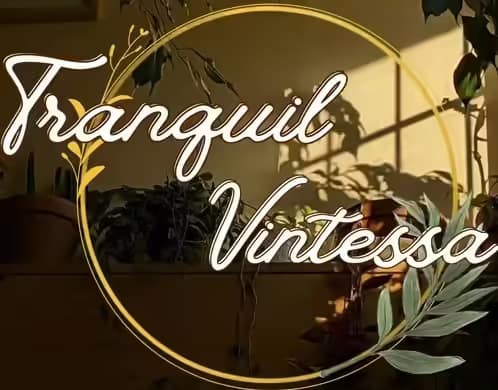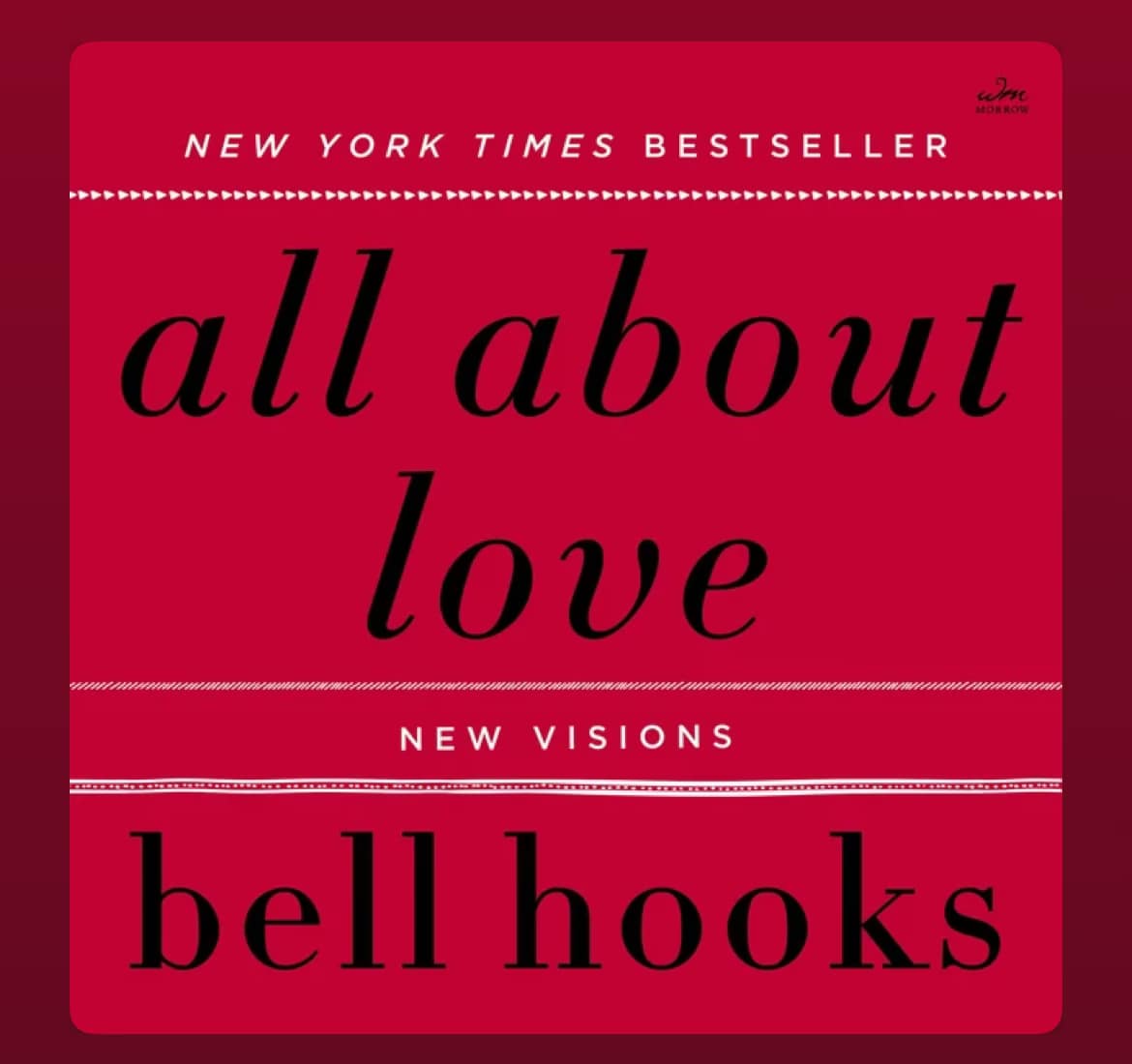Have you ever read a book that made you question if you’re just cynical—or if the writer simply isn’t speaking your language? That’s how I felt reading bell hooks’ All About Love: New Visions.
I decided to listen to the audiobook because I love love. I love the idea of communal living, where everyone helps each other, chats with their neighbors, and uplifts one another. I wanted to deepen my journey of leading with love. But as the book went on and bell hooks dove into heavier, more idealistic territory, I found myself asking: is this optimism—or denial? Let me explain.
When It Resonated
Hooks starts with childhood, exploring how children experience and understand love. She writes that kids often associate love with action—they feel loved when they are fed, played with, protected. So, when they’re told they are loved but are treated poorly, they grow up confused about what love actually is.
This struck a chord with me. I grew up in a house where love often came wrapped in pain, and it gave me a warped lens through which I viewed connection. For many of us, trauma and confused emotions about love begin early. If you were hit, silenced, or dismissed as a child but told “I love you” the next day, how do you reconcile that?
Hooks challenges this by saying love cannot coexist with abuse—an idea that feels powerfully true.
She gives an example: if a man physically disciplined his girlfriend, society would be horrified. But when parents hit their kids, they’re often praised for being “strong” or “strict.” Why is that? If love and harm can’t coexist in adult relationships, why do we accept it in the way we raise children?
Where She Lost Me
Where the book started to lose me was in its sweeping idealism—especially when hooks discussed systemic issues through the lens of love. She writes that rediscovering love is a kind of spiritual work. That it’s about learning compassion, forgiveness, and surrender. That love should be practiced daily and extend beyond romance—to neighbors, strangers, even those who hurt us.
And while this idea is beautiful, it began to feel… naive.
Take her critique of Christianity, for example. She argues that traditional religious frameworks often uphold patriarchal ideals where women are expected to love and serve, while men receive and lead. She’s right that love in spiritual contexts should be mutual—but the way she speaks about these dynamics sometimes felt overly simplified, ignoring how deeply rooted and complex these systems are.
Then she shifts into social movements, like Civil Rights and feminism, framing them as movements about love. That felt reductive to me. These weren’t campaigns for emotional healing—they were urgent demands for basic human rights. Justice movements are often born from love, yes—but love was not the rallying cry. Survival was.
She talks about one of her homes in a small town that practices communal living, and how beautiful it is to give to one another. I’ve envied that, too. But I didn’t grow up in a place where you could always give. I grew up in survival mode. Giving sometimes meant going without. This wasn’t a close-knit rural community with a strong harvest. This was New York—a food desert. Sometimes giving meant going hungry.
The Addiction Argument
Perhaps the most difficult part for me was her take on addiction. Hooks suggests that if we had more resources—and if we led with love—addiction wouldn’t exist. That love could essentially “fix” it.
But addiction isn’t just about a lack of love. It’s about dopamine receptors, trauma, mental illness, compulsion, genetics. It’s messy. And while love and support can help, they aren’t cures. Saying addiction can be solved by love runs the risk of blaming the families of addicts for not “loving right”—and that’s unfair and harmful.
What I Still Took Away
Despite my criticisms, I don’t regret reading All About Love. Hooks reminded me that love isn’t just about passion or romance. It’s about accountability. Compassion. Community. And showing up even when it’s hard.
She made me pause and think: how do I love others? How do I love myself? Am I withholding compassion when I could be offering grace?
While I may not believe that love is the answer to everything, I do believe it’s a powerful place to start. Maybe it can’t fix every system, every trauma, every addiction—but it can make us softer, more open, and more willing to try.
As the old saying goes: “You catch more flies with honey than with vinegar.” And maybe—just maybe—we could all stand to be a little sweeter.
With love & moonlight,
Vintessa
Sacred musings | Mystic practices | Soft heart, wild spirit

